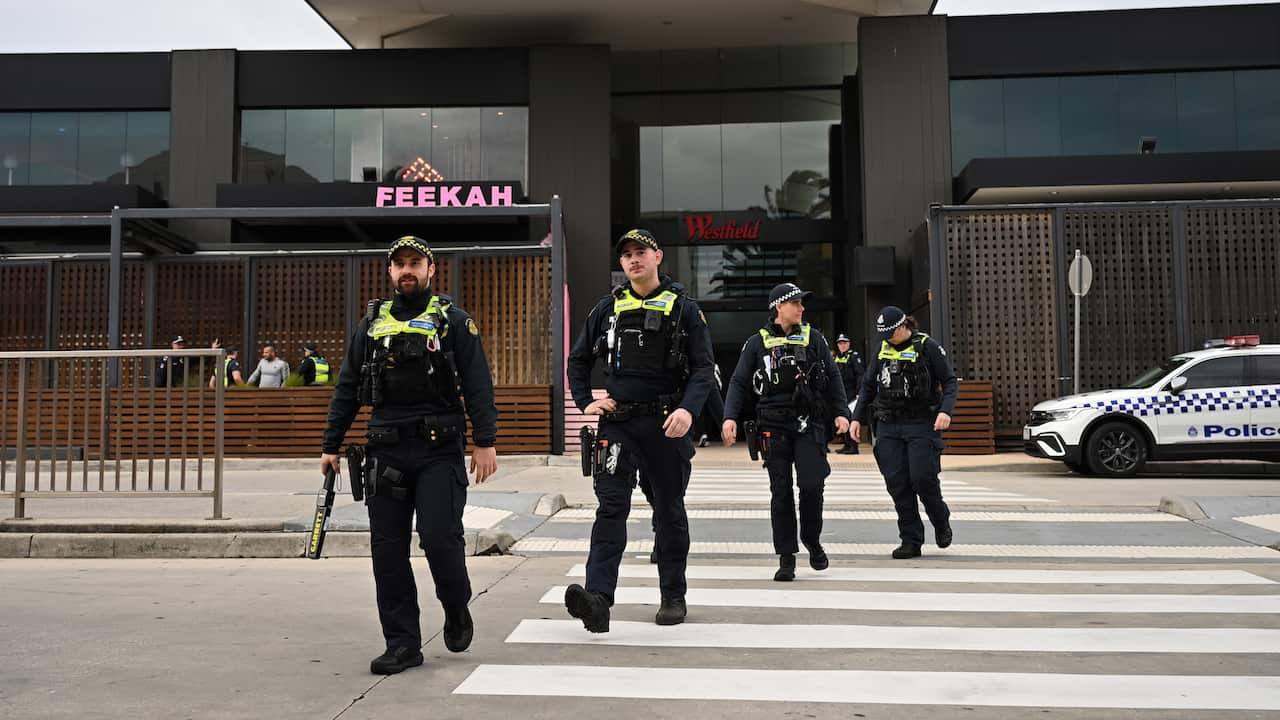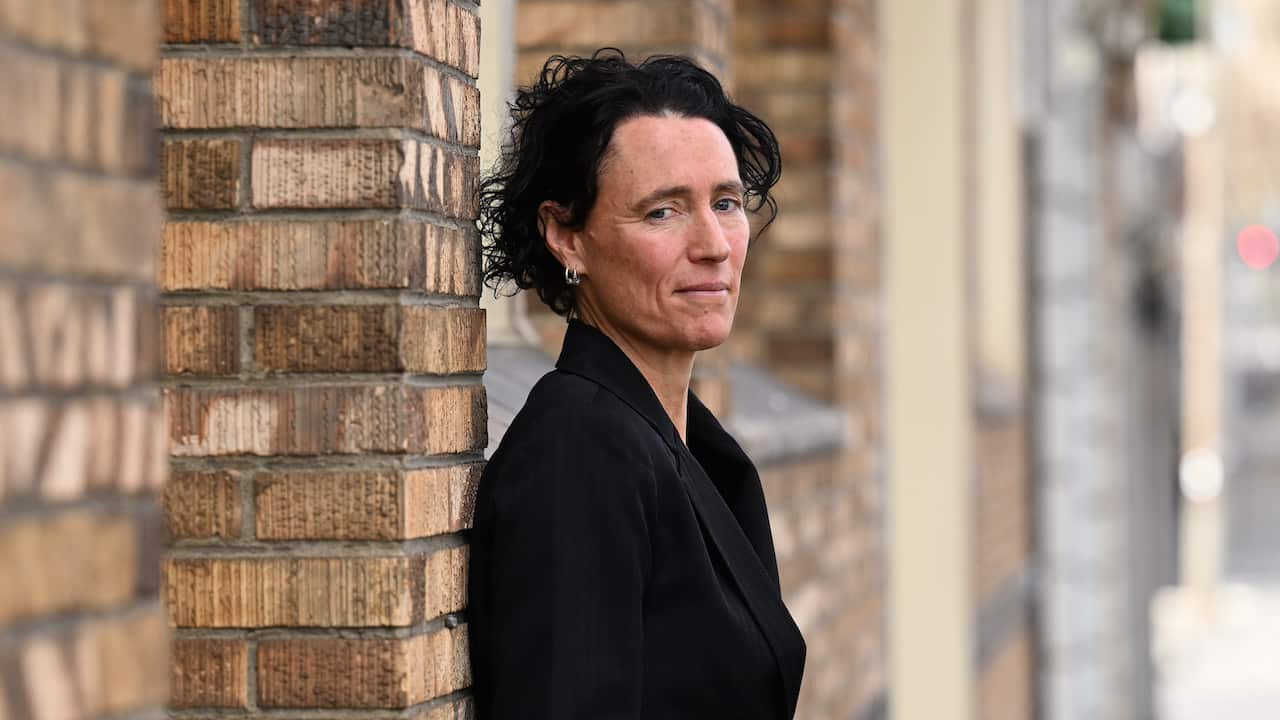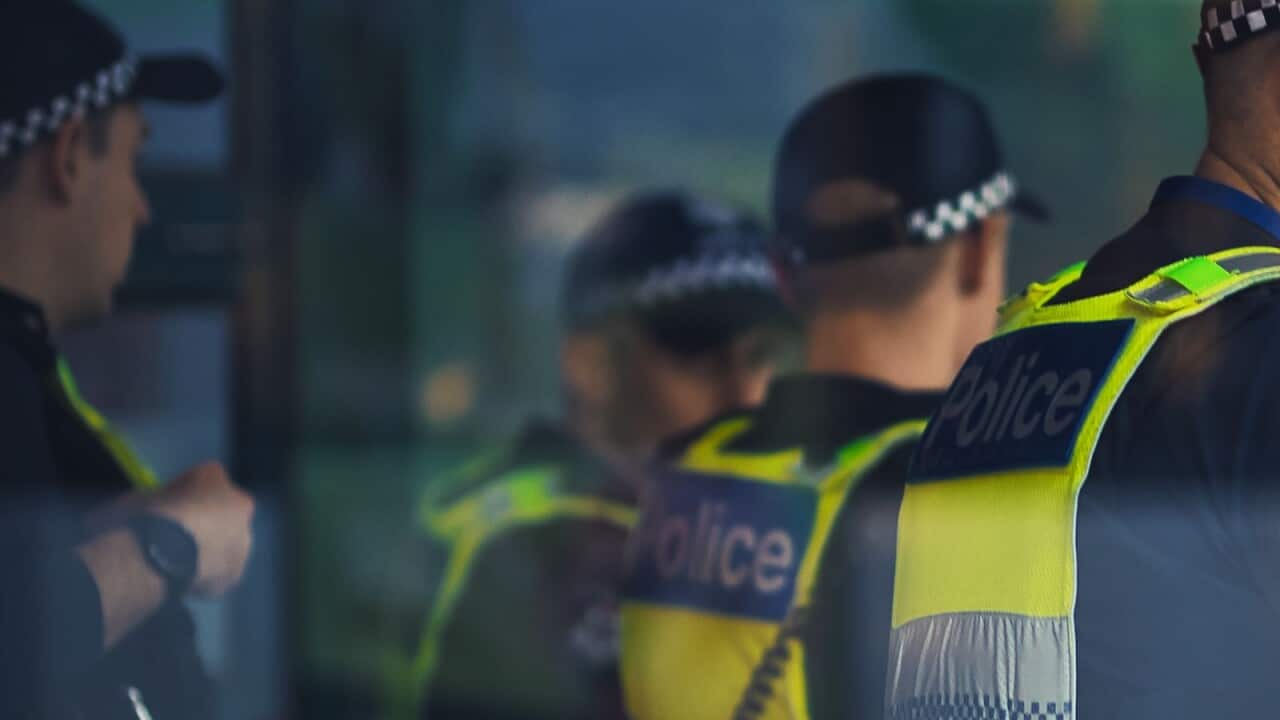Police in Victoria are facing accusations of racial profiling after data was released showing Aboriginal, African, Middle Eastern, and Pacific Island communities are being disproportionately targeted in searches and the use of force.
The 2024 data was released on Monday by the Racial Profiling Data Monitoring Project, which is operated by the Melbourne-based Centre Against Racial Profiling, which said the findings were "staggering, but not surprising".
The data, obtained earlier this year under freedom of information laws, included all searches conducted by Victoria Police in 2024 that were recorded on its L19C forms — searches without a warrant.
Project researchers said that in 2024, Aboriginal people were 15 times more likely to be searched by Victoria Police officers than white people, while people perceived to be African were about nine times more likely.
People perceived as Middle Eastern and people perceived to be Pacific Islander were five times more likely to be searched than white people.
The report's authors said that excluding vehicle-only searches, around 17 per cent of police search records failed to record ethnic appearance, "despite completion of this field on field contact forms being made mandatory in 2019".
According to Victoria Police, an officer must fill out a field contact report after they have approached someone if the circumstances appear suspicious or if they have contact with someone "as a result of or in a specifically identified situation".

African Victorians were 23.7 times more likely to be subjected to a police pursuit than white people, the data found.
In most circumstances, police must only search a person whom they suspect on reasonable grounds possesses contraband.
The project's researchers said that Victoria Police officers were less likely to find a reported item when they searched a person they perceived to be African, Middle Eastern or Mediterranean, Indian or Asian, compared with people they perceived to be white.
Dr Tamar Hopkins, the project's founder, said that this was evidence of "both system racism and systemic racial profiling".
"The data confirms that police are searching some racialised groups at far greater levels than white people."

Victoria Police officially banned racial profiling in 2015, two years after settling a Federal Court case in which it was accused of racially profiling African Australian men.
However, neither Victoria Police nor the state government set up any mechanisms to monitor police compliance with the ban.
Hopkins says an independent body should be established to investigate misconduct.
The report also identified disparities in Victoria Police's use of force when interacting with racialised communities.
Police were 10 times more likely to use force against a person they perceived to be Aboriginal than against someone they perceived to be white — and 13 times more likely to use a Taser. Aboriginal women were 10.6 times more likely to have force used against them than white women.
Police were 7.2 times more likely to use force against people they perceived to be African, 5.3 times more likely to use force against someone of Pacific Islander appearance, and 2.3 times more likely against someone of Middle Eastern appearance.
Hopkins said the high rates of search, coupled with the use of force, indicated that an increase in stops, questioning, and searches was "leading directly to higher rates of violence against these communities".
Excessive searches 'forging a path' for First Nations people
Nerita Waight, chief executive of the Victorian Aboriginal Legal Service, said abuses of power and discrimination against Aboriginal people by Victoria Police were happening "systemically and excessively".
"This initial contact with police forges a path that our community are disproportionately familiar with — being forced to interact with the criminal legal system."
Victoria Police said it had zero tolerance towards racial profiling, and that its officers were trained to police "in response to a person's behaviour, not their background".
"Assertions made in this research are incorrect," a Victoria Police spokesperson told SBS News in a statement.
"It is not mandatory for police to record ethnic appearance information when conducting all searches. It appears this has been confused with the requirement when police are making a field contact report.
"This is when they have obtained details from someone they suspect has committed or is about to commit an offence, or may be able to assist with the investigation of an indictable offence. It has nothing to do with searches."
The search data collected by the Racial Profiling Data Monitoring Project is recorded on the L19C field contact form.
With regards to the data around the use of force, the spokesperson said the figures included both when police used physical force and also when they "merely threaten to use force".
In the case of Tasers, the spokesperson said it included when officers draw their device but do not discharge it, something they said happens in "close to nine out of every 10 incidents involving Tasers".
Hopkins said the police statement was disappointing, calling it a "form of gaslighting".
Victoria's crime 'crackdown'
This year, Victorian Premier Jacinta Allan has introduced several law and order policies she says are aimed at reducing crime in the state.
Earlier this month, Allan announced that the state planned to adopt 'adult time for violent crime' laws that would scrap the policy of prison being used as a "last resort".
Children as young as 14 who committed serious crimes could face possible life sentences under the laws.
Advocates have criticised the proposal — which mirrors a policy adopted by Queensland Premier David Crisafulli in 2024 — saying it could entrench disadvantage and put vulnerable youth on a path of lifelong incarceration.
— With additional reporting by the Australian Associated Press
For the latest from SBS News, download our app and subscribe to our newsletter.

